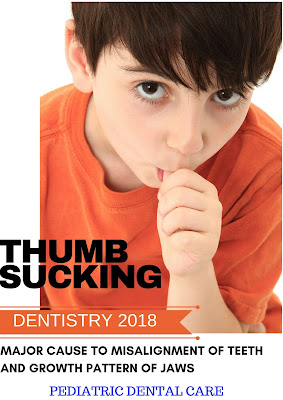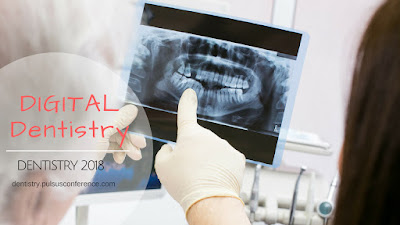THUMB SUCKING AND DENTAL CARE
Thumb sucking is a natural reflex for children. Kids suck their
thumbs because it's comforting and calming. It can also be soothing, and many
babies and toddlers use it as a coping mechanism when anxious or separated from
their parents. The habit helps to induce sleep, and children may suck their
thumbs in the evening before bedtime.
After permanent teeth come in, sucking may cause problems with the
proper growth of the mouth and alignment of the teeth. It can also cause
changes in the roof of the mouth. The intensity of the sucking is a factor that
determines whether or not dental problems may result. If children rest their
thumbs passively in their mouths, they are less likely to have difficulty than
those who vigorously suck their thumbs. Some aggressive thumb suckers
may develop problems with their baby (primary) teeth.
The best time to discourage thumb sucking is by
age four. By this time, prolonged sucking could begin to affect your child's
mouth and developing jaw and teeth, possibly causing permanent teeth to be
misaligned. If your child passively sucks his thumb, the habit may be easier to
discourage, but vigorous sucking can lead to changes in the palate that affect
the permanent bite and are usually more difficult to end without intervention.
Some children may experience difficulty
stopping their thumb sucking. In these instances, it may be necessary to purchase
products that can be placed on the thumb or fingers in order to discourage the
habit. Oftentimes, just placing a bandage on the finger or a sock or glove on
the preferred hand is sufficient. Whatever method you choose to employ to
discourage the behavior, remember to always use positive reinforcement to
encourage your child. Criticism or nagging may cause more anxiety and
perpetuate the problem.


Comments
Post a Comment